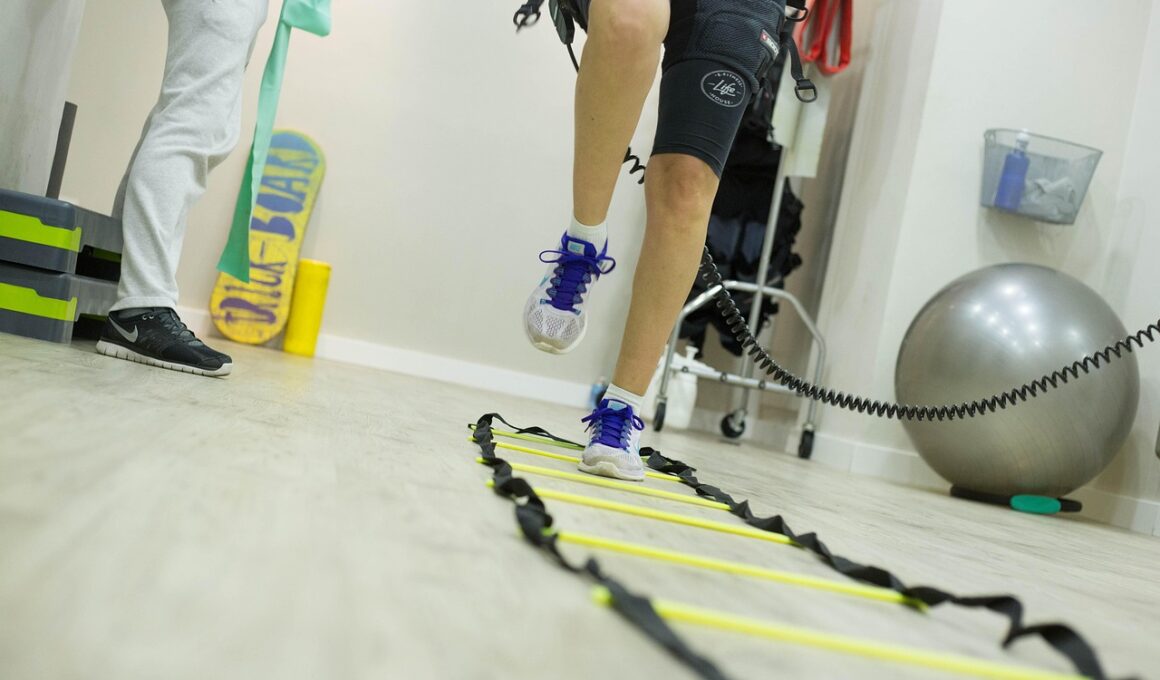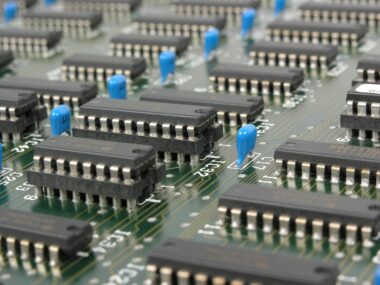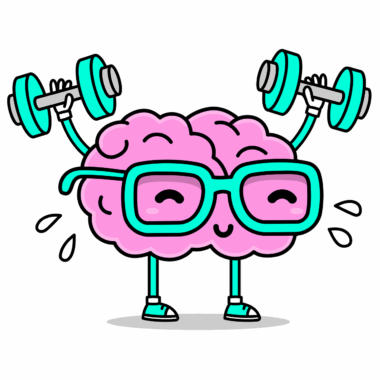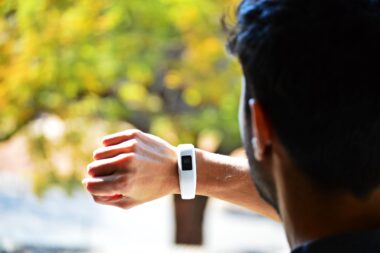Using Technology to Optimize Nutrition for Sports Performance
In today’s evolving sports landscape, athletes increasingly rely on technology to enhance their nutrition and overall performance. The integration of technology into sports nutrition can significantly impact athlete training regimens and competitive outcomes. One major aspect is the use of apps and wearable devices that track dietary intake, enabling athletes to monitor their nutritional habits accurately. A wide range of products, such as MyFitnessPal or Cronometer, allows users to catalog their meals and receive feedback on macronutrient distribution. Moreover, devices like fitness trackers can measure physical activity, which provides data to optimize caloric needs. This symbiotic relationship between tech and nutrition empowers athletes to fine-tune their diets, personalized for their specific requirements. Furthermore, advancements in food delivery technology mean athletes can also have tailored meal plans that cater to their needs. As a result, nutrition isn’t just a fixed plan anymore; it’s dynamic and adjustable, depending on various factors including recovery time, energy expenditures, and specific training goals. Overall, integrating technology into nutritional practices is revolutionizing the way athletes approach their diets.
One of the most striking advances in optimizing nutrition through technology is the use of data analytics. Websites and applications that analyze dietary metrics can now provide tailored recommendations based on individual goals and performance metrics. For example, by evaluating data from past performance, athletes can determine which foods contribute most significantly to energy levels or recovery rates. This can lead to a better understanding of how nutrition affects performance. Utilizing nutritional analytics also allows for real-time adjustments based on ongoing training and competition schedules. For instance, if an athlete needs to increase protein intake during a training phase or reduce carbohydrate consumption before a competition, analytics can facilitate these necessary shifts. Additionally, some software platforms incorporate AI, which enhances the capacity for personalized nutrition by creating algorithms that suggest meal plans specific to each athlete’s profile. By embracing technology in this way, athletes not only improve performance but also foster better overall health. As this trend grows, we will likely see more innovative solutions that continue to bridge the gap between nutrition and technology.
The Role of Personalized Nutrition
Personalized nutrition has gained momentum in the world of sports technology, recognizing that each athlete has unique nutritional needs. Utilizing genetic and biochemical data, specialists can create individualized meal plans that optimize performance and recovery. Technologies such as genetic testing can identify how well an athlete metabolizes carbohydrates and fats, allowing for a tailored approach to their diet. Moreover, blood tests can monitor micronutrient levels, helping to identify deficiencies that might impair performance. This level of personalization means athletes are not taking a one-size-fits-all approach but instead developing a nutrition plan that aligns closely with their biology. The help of nutritionists, supported by technology, can ensure athletes receive not just the right calories but also the right nutrients at the right times. This data-driven approach emphasizes diet timing, where consumption of macro and micronutrients coincides perfectly with training and recovery phases. The benefits include optimized performance, enhanced recovery times, and reduced risk of injury, ultimately leading to a more sustainable and successful athletic career.
Incorporating technology for nutrition optimization not only helps athletes but also promotes the role of coaches and trainers in developing nutrition strategies. With apps designed for shared access to meal plans and food logs, coaches can easily track their athletes’ nutritional adherence. This transparency fosters accountability and open lines of communication, facilitating discussions about any dietary challenges athletes may face. Coaches can rely on technology to analyze the data collected, allows them to make informed decisions about dietary interventions. Furthermore, allowing coaches to access nutritional data means they can immediately adapt training strategies based on an athlete’s nutritional status. For example, if an athlete reports suboptimal energy levels, the responsible coach can assess their diet and recommend necessary changes in real time. Additionally, technology enables coaches to educate athletes on the importance of nutrition and recovery, ensuring they understand how each aspect affects performance. This relationship between technologies, coaches, and athletes creates a team dynamic conducive to reaching higher performance levels, where nutrition is a central pillar of athletic success.
The Future of Sports Nutrition Technology
As we look to the future, advancements in sports nutrition technology promise exciting developments. With the rise of wearable technology, we’re beginning to see devices that can not only track performance statistics but also analyze nutritional intake. For instance, smart wearables are evolving to include sensors that can measure hydration levels or blood glucose levels in real time. This will allow athletes to make immediate nutritional decisions based on their current state, ensuring that they are always in optimal condition during training or competition. In addition, machine learning algorithms could enhance personal meal-planning apps by predicting what an athlete needs on a given day based on their previous performance and current health data. Future innovations will likely integrate with other technologies, such as AI in food science, to produce personalized supplements or meal replacements tailored specifically for an athlete’s needs. Furthermore, advancements in food technology can lead to the creation of functional foods designed to enhance recovery and performance. As research continues and technology progresses, the potential for optimizing sports nutrition will expand significantly.
Moreover, the increasing popularity of telehealth is revolutionizing how nutritionists assist athletes, making it easier to provide necessary guidance without geographical constraints. Athletes can now consult with dietitians and sports nutritionists all around the world via video conferencing and online platforms. This accessibility opens the door to expertise that may not be available in their local area. Additionally, group fitness programs integrated with nutritional workshops are becoming more prevalent, emphasizing the link between exercise and nutrition in a supportive environment. By engaging with these online communities, athletes can share their challenges and successes, fostering motivation and commitment to their nutritional goals. The rise of community-driven platforms also enables peer-to-peer support, where experienced athletes can share insights and best practices regarding nutrition and performance. As more athletes embrace technology, the collective knowledge base continues to grow, benefiting the entire sports community. This collaborative approach toward nutrition not only enhances individual performance but also encourages a holistic understanding of the importance of nutrition in an athlete’s journey.
The Impact on Athletic Youth Development
The integration of sports technology into nutrition also has profound implications for youth athletic development. As younger athletes strive for excellence in their sports, providing them with the right nutritional technology can set a strong foundation for their futures. Early exposure to apps that track food consumption can instill healthy habits from a young age, making nutrition a priority in their lives. Moreover, engaging youth with technology encourages understanding the long-term benefits of good nutrition in maintaining physical and mental health. Parents and coaches can use technology to educate themselves and young athletes about appropriate meal planning and its impact on growth and endurance. As these youths develop their careers, they will carry this nutritional knowledge with them, leading to improved performance not just during competitions but throughout their lives. Schools and sports organizations can implement these technologies to educate larger groups, promoting widespread awareness of nutrition and its importance. The shift towards teaching young athletes about technology-assisted nutrition can encourage them to become advocates for healthy practices, creating a ripple effect of awareness in the sports community.
Ultimately, embracing technology in the realm of sports nutrition can lead to enhanced athletic performance and healthier lifestyles. By leveraging data analytics, personalized plans, and innovative meal solutions, athletes can make informed nutritional choices that directly impact their training outcomes. The collaboration between technology, coaches, nutrition experts, and athletes fosters a supportive environment where everyone benefits. As technological advancements continue to evolve, the future of sports nutrition looks bright, providing athletes with unprecedented opportunities to optimize their diets. Greater accessibility to nutritionists, improved tracking devices, and more refined analytics will only deepen the connections between diet and performance. Beyond performance, the lessons learned around nutrition can transcend sports, equipping athletes with the knowledge necessary for lifelong health. As technology continues to redefine how athletes approach their nutrition, it is clear that the optimization of diet plays an integral role in achieving sports performance goals. With ongoing support and advancements in the field, athletes are set to not only excel in their disciplines but also maintain a way of life centered around good nutrition.





